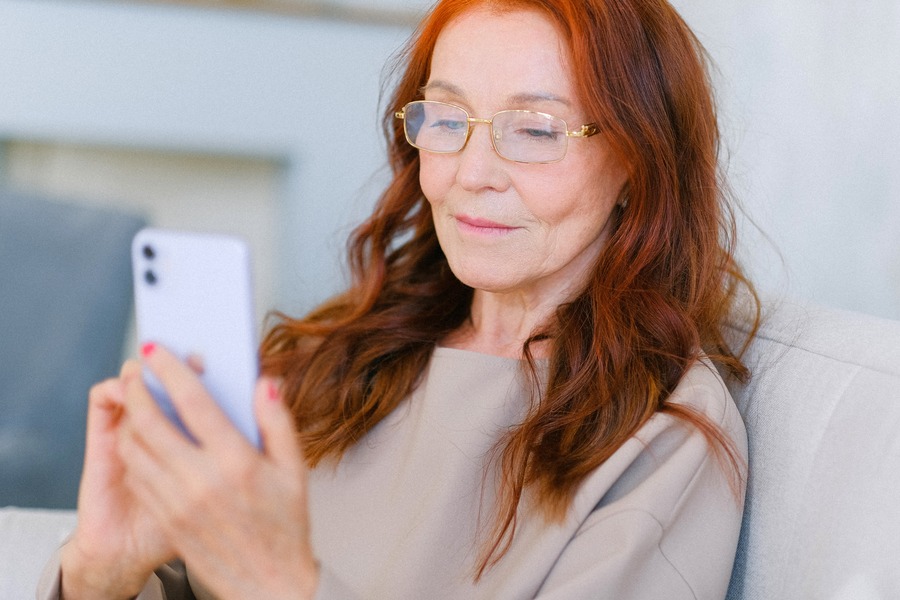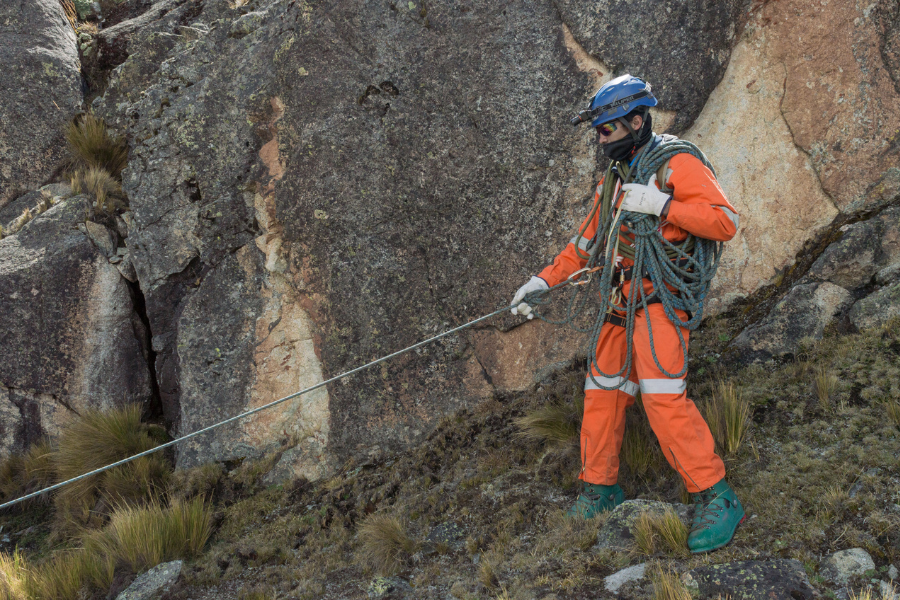
‘A channel of the future’: continued growth for SMS giving in France
May 17, 2023
Eight problems (and seven solutions) for fundraising in times of crisis
May 17, 2023Academics and practitioners will come together in June for the European Research Network On Philanthropy‘s (ERNOP) Research Conference, and its pre-conference event, Safe Spaces for Philanthropy.
The Research Conference takes place on June 29-30 in Zagreb, with the theme ‘Philanthropy and crises: Roles and functioning of philanthropy in times of societal upheavals’.
Shared insight
Hosted by the Faculty of Law at the University of Zagreb, it will welcome participants from all disciplines to discuss philanthropy’s purpose and practice in the present day, and how this might develop in the future. The event will see more than 100 speakers share insights from their research on philanthropy in Europe and beyond, especially in the context of Central and Eastern European Countries. It will also include a keynote address from Prof. Michael Meyer (WU Vienna), on the roles and functions of philanthropy in times of crisis, and a joint EFA / Philea panel on cross border giving.
Speaking on the value of bringing academics and practitioners together, Barry Hoolwerf, ERNOP executive director, comments:
“Philanthropy is navigating through turbulent times. Multiple crisis and legitimacy issues are on the table, but also new opportunities related to leveraging the impact of philanthropy.
“Academic studies can help institutional philanthropy become more self-reflective. They can shed light on what the sector can and can’t do, and could inform strategy and practice for the sector. Given the relatively small size of the sector compared to its public and commercial counterparts, using and promoting academic knowledge development to build the sector is even more important for philanthropy than it for other sectors.”
Safe Spaces for Philanthropy
The day before, June 28, ERNOP is holding its pre-conference Safe Spaces for Philanthropy, in collaboration with Philea. This event will provide an opportunity to discuss issues and address themes related to philanthropy that require a higher level of trust and understanding. Sessions are designed to enable people to speak freely, and will be dedicated to topics including impact, diversity and inclusion, leadership, advocacy, and empowering communities.
Every session will start with an introduction on the chosen topic, examining how it applies to philanthropy. Moderators will then share possibilities and achievements, as well as struggles and pitfalls in dealing with the topic. They will also invite participants to share experiences and possible ways to overcome challenges.
Promoting learning between academics & practitioners
For practitioners, the pre-conference event aims to provide an opportunity for peer learning and exchange on topics that are essential to the functioning of philanthropic organisations but often create friction and frustration. Practitioners will be provided with academic reflections to help them better understand processes and possibilities for overcoming these frictions, and connect their daily practice and strategic thinking with research evidence.
For academics, the event provides an opportunity for in-depth discussion on issues of importance to professionals working in the philanthropy sector and to integrate their feedback into their work.
Speaking on how the Safe Spaces sessions will work, Hoolwerf explains:
“We see the interaction between academics and practitioners as a means for cross-pollination leading to an exciting mixture of new ideas, innovation, and shifts in thought patterns and practices. To allow their knowledge and skills to influence one other, it is necessary to bring the two together in facilitated, trusted spaces.
“The joint sessions will use methods which encourage respect for unique organisational cultures, professional languages, norms and definitions of success; harness and coordinate the energy, interests and resources of these diverse audiences; and stress shared values, overlapping strategic interests, mutual purposes and interdependencies in order to build relationship capital and trust.”
Take part
Register for Safe Spaces here, and for the Conference here.
Picture by Edmond Dantès on Pexels




